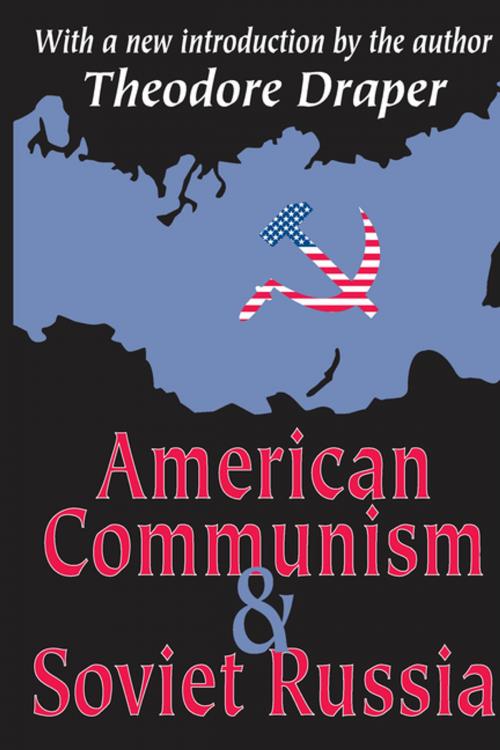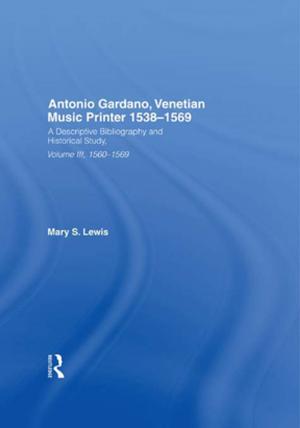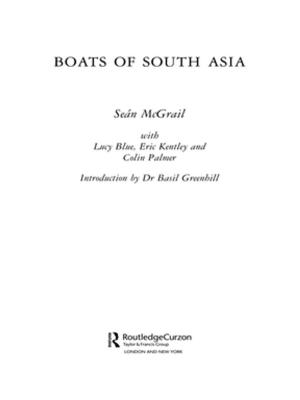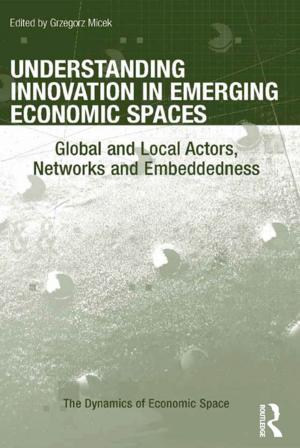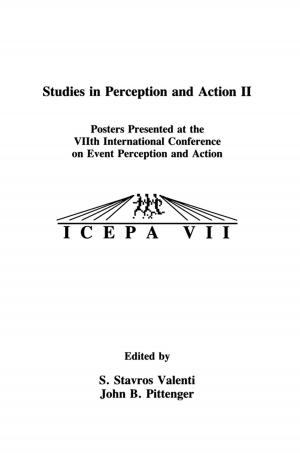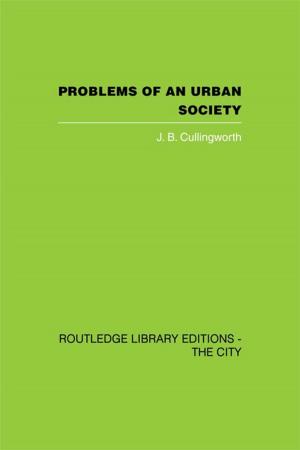American Communism and Soviet Russia
Nonfiction, Social & Cultural Studies, Political Science, Government, Communism & Socialism| Author: | Theodore Draper | ISBN: | 9781351532839 |
| Publisher: | Taylor and Francis | Publication: | July 5, 2017 |
| Imprint: | Routledge | Language: | English |
| Author: | Theodore Draper |
| ISBN: | 9781351532839 |
| Publisher: | Taylor and Francis |
| Publication: | July 5, 2017 |
| Imprint: | Routledge |
| Language: | English |
This companion volume to The Roots of American Communism brings to completion what the author describes as the essence of the relationship of American Communism to Soviet Russia in the fi rst decade after the Bolsheviks seized power. The outpouring of new archive materials makes it plain that Draper's premise is direct and to the point: The communist movement "was transformed from a new expression of American radicalism to the American appendage of a Russian revolutionary power." Each generation must fi nd this out for itself, and no better guide exists than the work of master historian Theodore Draper. American Communism and Soviet Russia is acknowledged to be the classic, authoritative history of the critical formative period of the American Communist Party. Based on confi dential minutes of the top party committees, interviews with party leaders, and public records, this book carefully documents the infl uence of the Soviet Union on the fundamental nature of American Communism. Draper's refl ections on that period in this edition are a fi tting capstone to this pioneering effort. Daniel Bell, in Saturday Review, remarked about this work that "there are surprisingly few scholarly histories of individual Communist parties and even fewer which treat of this crucial decade in intimate detail. Draper's account is therefore of great importance." Arthur M. Schlesinger, in The New York Times Book Review, says that "in reading Draper's closely packed pages, one hardly knows whether to marvel more at the detachment with which he examines the Communist movement, the patience with which he unravels the dreary and intricate struggles for power among the top leaders, or the intelligence with which he analyzes the interplay of factors determining the development of American Communism." And Michael Harrington, in Commonweal, asserted that Draper's book "will long be a defi nitive source volume and analysis of the Stalinization of American Communism."
This companion volume to The Roots of American Communism brings to completion what the author describes as the essence of the relationship of American Communism to Soviet Russia in the fi rst decade after the Bolsheviks seized power. The outpouring of new archive materials makes it plain that Draper's premise is direct and to the point: The communist movement "was transformed from a new expression of American radicalism to the American appendage of a Russian revolutionary power." Each generation must fi nd this out for itself, and no better guide exists than the work of master historian Theodore Draper. American Communism and Soviet Russia is acknowledged to be the classic, authoritative history of the critical formative period of the American Communist Party. Based on confi dential minutes of the top party committees, interviews with party leaders, and public records, this book carefully documents the infl uence of the Soviet Union on the fundamental nature of American Communism. Draper's refl ections on that period in this edition are a fi tting capstone to this pioneering effort. Daniel Bell, in Saturday Review, remarked about this work that "there are surprisingly few scholarly histories of individual Communist parties and even fewer which treat of this crucial decade in intimate detail. Draper's account is therefore of great importance." Arthur M. Schlesinger, in The New York Times Book Review, says that "in reading Draper's closely packed pages, one hardly knows whether to marvel more at the detachment with which he examines the Communist movement, the patience with which he unravels the dreary and intricate struggles for power among the top leaders, or the intelligence with which he analyzes the interplay of factors determining the development of American Communism." And Michael Harrington, in Commonweal, asserted that Draper's book "will long be a defi nitive source volume and analysis of the Stalinization of American Communism."
